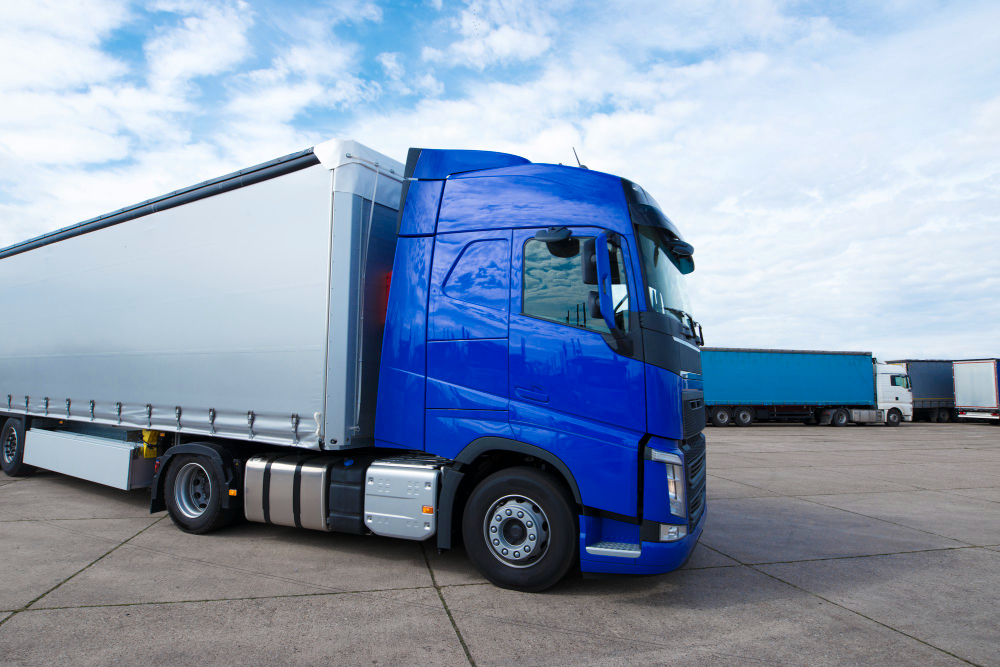Transport companies ought to keep a track of all their assets mainly vehicles at all times. Apart from tracking, they need to schedule vehicles for maintenance, manage future bookings, payments and resources. Often, these data is maintained manually in files, which creates further problems when it comes to auditing and rectifications.
ERP for transportation and logistics industry helps to perform all the afore-mentioned tasks and more importantly, all from a centralized platform. Enterprise resource planning software is a business tool that integrates with all the third party solutions thus giving 360° view of all your key business processes.
Today, ERP systems offer several new functionalities like vendor portals, product-wise view and single view of complete supply chain and a lot more. Further, there are functions to create sales order entry to raise the order, shipment of order and invoice of that shipment, purchase order entries to purchase goods and much more.
ERP software enables a transport business to manage key business functions like managing resources and meeting customer requirements, optimizing transportation, logistics management, processes for maximizing efficiency, customer loyalty and profitability. Here is how ERP is driving the transportation and logistics industry on the right foot:
- Vendor/Customer Portal: In a bid to stay connected and informed, ERP software comes with a vendor/customer portal to allow easy log in to the account know the status of all the logistics. All the communication is integrated in order to keep consumers/partners updated via SMS or email.
- Scheduling Maintenance: As stated above, transport vehicles and infrastructure are assets that need to be maintained on a regular basis. The only problem with maintenance is that if not planned properly, it can affect the business to a major extent. ERP software gives you total control of all your key processes.
- Real Time Tracking: In transit, vehicles need to be tracked on a real time basis to update the customers. This offers a logistics business with valuable business intelligence. In addition, with the help of mobile integration, real time tracking becomes easier and faster.
- Optimize Inventory Control: Managing inventory is a crucial task for any transport business. ERP implementation enables transportation industry to view orders, deliveries and sales, all from a centralized location. It even speeds up the order to dispatch time. Transport businesses can use these tools to handle inbound and outbound orders and to determine out-of-stock inventory. Further, mobile ERP can makes it a cakewalk and fun.
- Improves Distribution: ERP also speeds up distribution times. It enables freight companies to manage their distribution flow properly. ERP refers the data obtained from social media or in-house records to improve the delivery time. It allows suppliers, distributors, drivers and retailers to be on the same page by sending real-time information about traffic, customer addresses, etc.
- Staff Management: ERP is an excellent tool when it comes to workforce management. As such, the freight operators can manage work hours, break times with the help of the software, and get information to assess the performance of staff. Mobile ERP solution for logistics industry provides additional security options such as data backups for staff, payroll, attendance, etc.
Employee attrition is often high in the logistics industry compared to other sectors. ERP systems have become an integral tool for freight operators to streamline operations like distribution flow, inventory and staff management.
For more information on ERP for transportation industry, write to us at sales@sagesoftware.co.in for a free consultation or demo.




